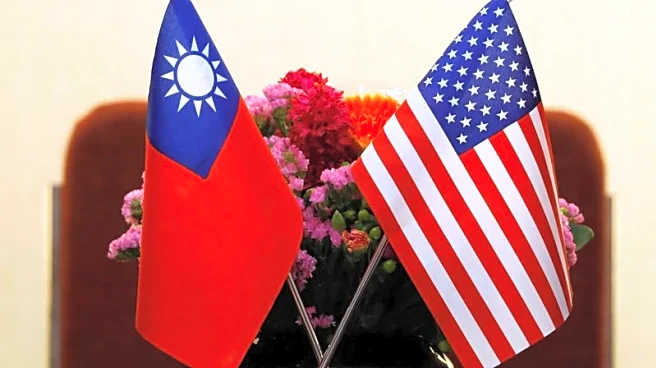Rapid Read • 7 min read
The Trump administration is preparing to implement new tariffs that could significantly impact the global fashion industry. If new trade agreements are not finalized by August 1, tariffs of up to 50% on some imports will be enforced. The administration has reached agreements with Japan, Indonesia, and the Philippines, but uncertainty remains for other key apparel trade partners such as the European Union, Cambodia, and China. Despite the potential for high tariffs, global stock markets have shown resilience, with Japan's Nikkei index rising after a negotiated tariff rate was announced. However, early indicators suggest inflation is creeping back into the U.S. economy, with apparel prices rising for the first time in months.
AD
The imposition of these tariffs could lead to increased costs for fashion businesses, affecting pricing strategies and supply chain models. Retailers may pass these costs onto consumers, potentially leading to decreased consumer spending. Smaller brands, lacking the scale to negotiate better freight rates or hedge against volatility, may face intense margin pressure or be forced to exit the market. The tariffs could also lead to long-term changes in the fashion industry's supply chain, as companies seek to mitigate the impact through new product strategies and supplier negotiations.
Negotiations with key trade partners are ongoing, and there is potential for last-minute deals to avert the harshest tariffs. However, even if agreements are reached, the tariffs will likely continue to disrupt the industry. Companies will need to adapt their strategies to manage the increased costs and supply chain disruptions. The fashion industry will be closely monitoring the outcome of these negotiations and preparing for potential changes in trade policies.
AD
More Stories You Might Enjoy












